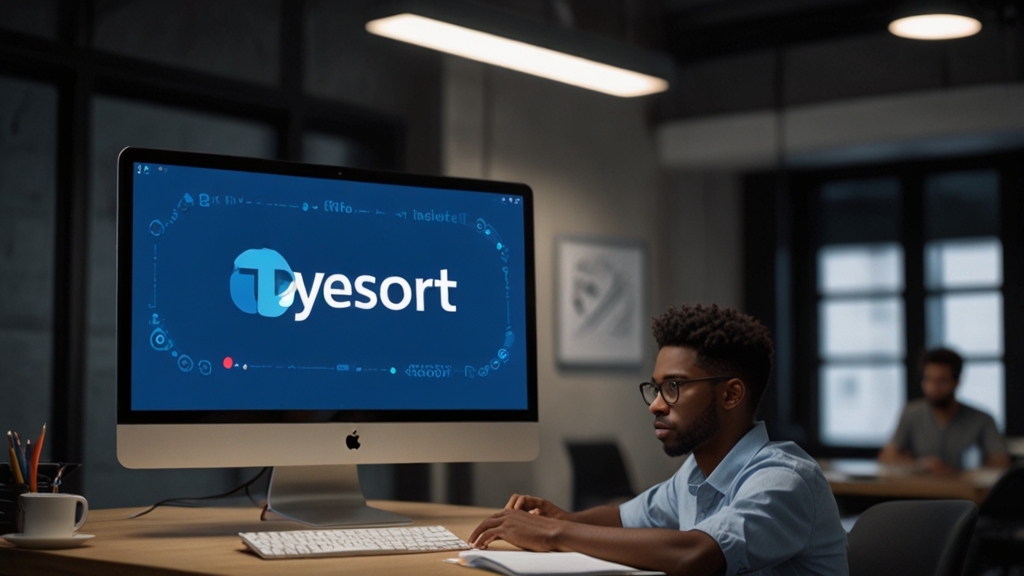Is Your Emotional Intelligence Holding You Back? Discover the Truth
When it comes to personal and professional development, much emphasis is often placed on cognitive intelligence (IQ). However, it’s increasingly recognized that emotional intelligence (EQ) plays an equally significant role. But could your emotional intelligence also be holding you back? Let’s explore the intricacies of EQ, its impact, and whether having high emotional intelligence can sometimes be more of a hindrance than a help.
What is Emotional Intelligence?
Emotional intelligence refers to the ability to recognize, understand, manage, and utilize emotions effectively in yourself and others. It encompasses several core skills: self-awareness, self-regulation, motivation, empathy, and social skills. People with high EQ are often adept at navigating social complexities, managing stress, and fostering positive interactions.
The Benefits of High Emotional Intelligence
There is no denying the benefits of high emotional intelligence. It equips individuals with the ability to handle emotional complexities and workplace challenges. Some of the notable advantages include:
- Improved communication skills
- Enhanced conflict resolution abilities
- Better teamwork and collaboration
- Greater empathy and understanding
- Stronger leadership qualities
“Emotional intelligence is the ability to make emotions work for you, instead of against you.” – Travis Bradberry
Can High EQ Be a Disadvantage?
While high emotional intelligence is often celebrated, could it be holding you back in certain scenarios? Research and anecdotal evidence suggest that there are indeed potential downsides:
Overwhelming Empathy
High EQ often comes with heightened empathy. While empathy is crucial for building strong relationships, excessive empathy can lead to emotional exhaustion and burnout. Constantly absorbing others' emotions and stressors can make it challenging to draw emotional boundaries. You might end up prioritizing others' needs over your own, leading to personal dissatisfaction and decreased productivity.
Indecisiveness
Individuals with high emotional intelligence tend to weigh the emotional implications of their decisions carefully. While this trait fosters thoughtful decision-making, it can also result in indecisiveness. Over-analysis and the fear of causing discomfort or conflict might lead to missed opportunities and delayed actions.
“Sometimes, too much empathy can hinder the decisiveness expected of a strong leader.” – Daniel Goleman
Manipulation and Misuse
Emotional intelligence grants people the ability to influence and understand others, which, in less scrupulous hands, can be used for manipulation. A high EQ individual might inadvertently or intentionally use their skills to control situations to their advantage, leading to ethical dilemmas and damaged relationships.
Striking the Right Balance
The key to leveraging emotional intelligence lies in balance and self-awareness. Here are some strategies to ensure your EQ serves you rather than holds you back:
Set Emotional Boundaries
Practice self-care and establish boundaries to avoid emotional exhaustion. It's essential to recognize when to detach and recharge to maintain your well-being and productivity.
Embrace Decisiveness
Balance empathy with assertiveness. Understand that while considering others' emotions is important, it shouldn't paralyze your decision-making process. Cultivate the courage to make decisions, even when faced with potential conflict.
Ethical Application
Use your emotional intelligence ethically and responsibly. Aim to influence and inspire positively rather than manipulate. Consistency in ethical behavior fosters trust and enduring relationships.
Conclusion
Emotional intelligence is a powerful tool that, when applied correctly, can enhance nearly every aspect of your life. However, like any tool, its efficacy depends on how it's wielded. Recognizing the potential downsides ensures that your EQ remains a strength and not a stumbling block. Strike a balanced approach, and you’ll find that emotional intelligence becomes a vital asset, rather than a liability, in your personal and professional journey.
“The greatest ability in business is to get along with others and to influence their actions.” – John Hancock








